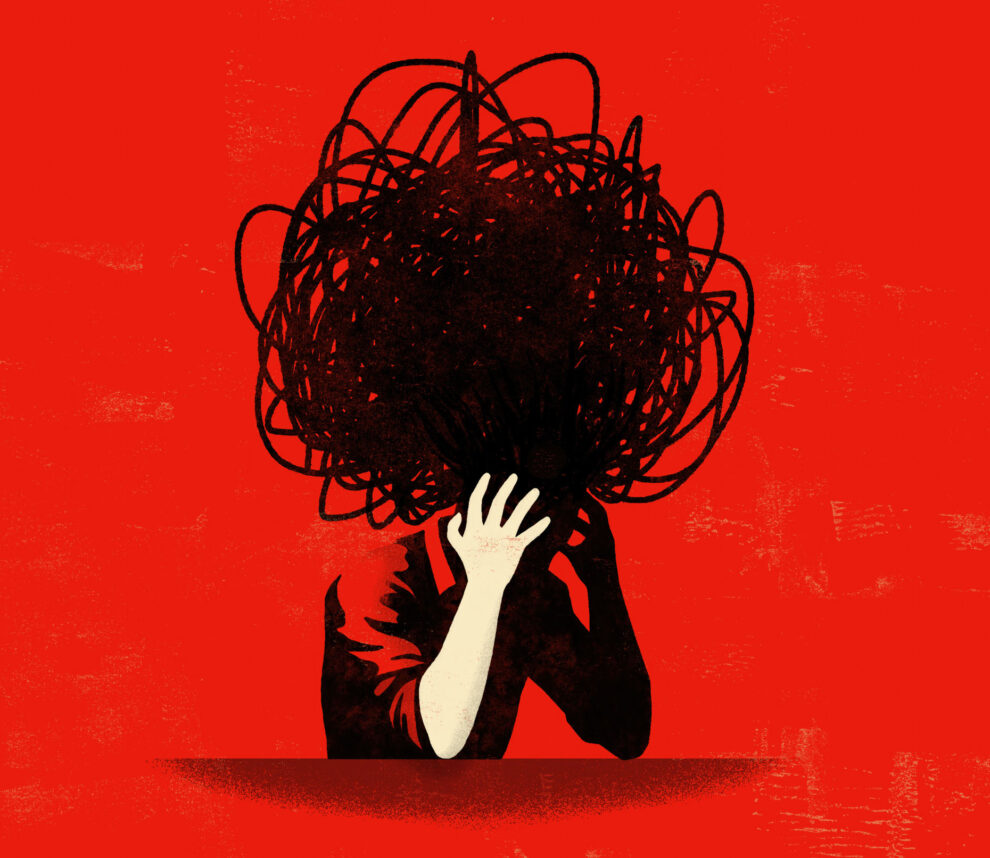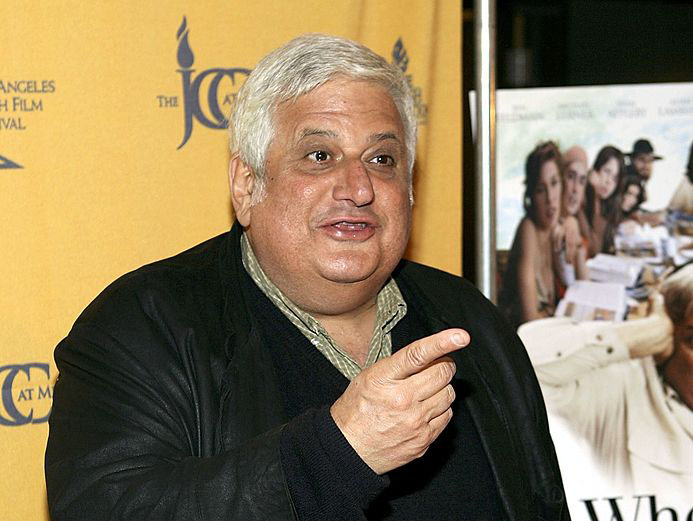Just when it seems that all the World War II and Holocaust stories have been told, a little-known tale from a far corner of the world comes along to add another dimension to the saga of the Shoah.
The powerful documentary film, "Shanghai Ghetto," is one such story — a fascinating look at what might have been simply a footnote to history had not a daughter of one who lived the story come forward to tell it.
Filmmaker Dana Janklowicz-Mann’s father, Harold, was 8 years old when he left Germany with his divorced mother following Kristallnacht, just steps ahead of the Holocaust. They sailed on a strange surrealistic cruise on a Japanese luxury liner through the Suez Canal around India to China, where they disembarked in Shanghai. Together with some 20,000 other German and Austrian Jews, China was to be their home throughout the war years and beyond.
Now, Jacklowicz-Mann who grew up shuttling between Israel and the United States with her partner and husband, Amir Mann, a sabra who attended NYU Film School, have vividly and powerfully filmed the story as a documentary about the formation of a small Jewish community of exiles in an exotic land. Using their life savings and borrowing heavily, the couple managed to come up with the cash to shoot the documentary on a shoestring budget.
For German Jews trapped in a land that didn’t want them and was about to kill millions of them, Shanghai offered a window of escape, but one that would surely close — and soon. "Jewish men were being picked up and put into concentration camps," Janklowicz-Mann explained. "They were told you have ‘X’ amount of time to leave — two weeks, a month — if you can find a country that will take you. Outside, their wives and friends were struggling to get a passport, a visa, anything to help them get them out. But embassies were closing their doors all over, and countries, including the United States, were closing their borders."
And then suddenly a sliver of hope appeared.
"It started as a rumor in Vienna," Mann said. "’There’s a place you can go where you don’t need a visa. They have free entry.’ It just spread like fire and whoever could went for it."
It wasn’t that the Chinese deliberately set out to help the Jews of Europe, it was simply that among the warring colonial factions who ran Shanghai — the French, the British, the Japanese — no one wanted to control the passport department because no one wanted to take ultimate responsibility for the chaotic province. And in chaos lay an escape route for the Jews.
Upon arrival, these citizens of Europe’s finest Western cities found incredibly crowded conditions — 10 to a room, little food, sanitation or employment.
"Can you imagine how shocking it was for someone from what was then the height of European culture to land in Shanghai," Mann said. "We show the culture shock in the documentary. And, you know, even today when we were filming in China, there’s something about the scenery, the plants, the people — you feel like you’re in a very foreign place. It’s very, very different."
But they also discovered a Jewish community that had come to Shanghai long before they had, and who would become their support. A wealthy Baghdadi Jewish community that had been in China since the 1870s following the Opium Wars, and the Russians that came in 1917 fleeing the revolution.
"Shanghai was a cheaper place to survive but the refugees were often living on 5 cents a day," Janklowicz-Mann said. "The Baghdadis opened up communal kitchens, hospitals and homes for them."
Just when the newcomers were adjusting to the harshness of their new lives, things got worse: The Japanese bombed Pearl Harbor, allied with the Germans and confined the Jews to a ghetto from where it became virtually impossible to travel to work or find food.
The film captures the full poignancy of the story by going back to a virtually unchanged Shanghai with two survivors of the original migration, and through interviews with others now living in the United States and Israel.
Sequestered in their ghetto, the Jews of Shanghai had no idea of the horrors being perpetrated in the countries they had left. Most of the families left behind had been completely wiped out. "They had concentrated on the misery of life in Shanghai and, lo and behold, after the war they found out they were living in paradise compared to what had happened to their brethren in Europe," one historian says in the film.
Why has this fascinating story taken so long to tell?
"I think for quite a few years after the war there was some survival guilt," Janklowicz-Mann said, "because they had lost their entire families and they were still here."
Mann agreed. "They didn’t tell the stories. They went on with their lives," he said.






















 More news and opinions than at a Shabbat dinner, right in your inbox.
More news and opinions than at a Shabbat dinner, right in your inbox.